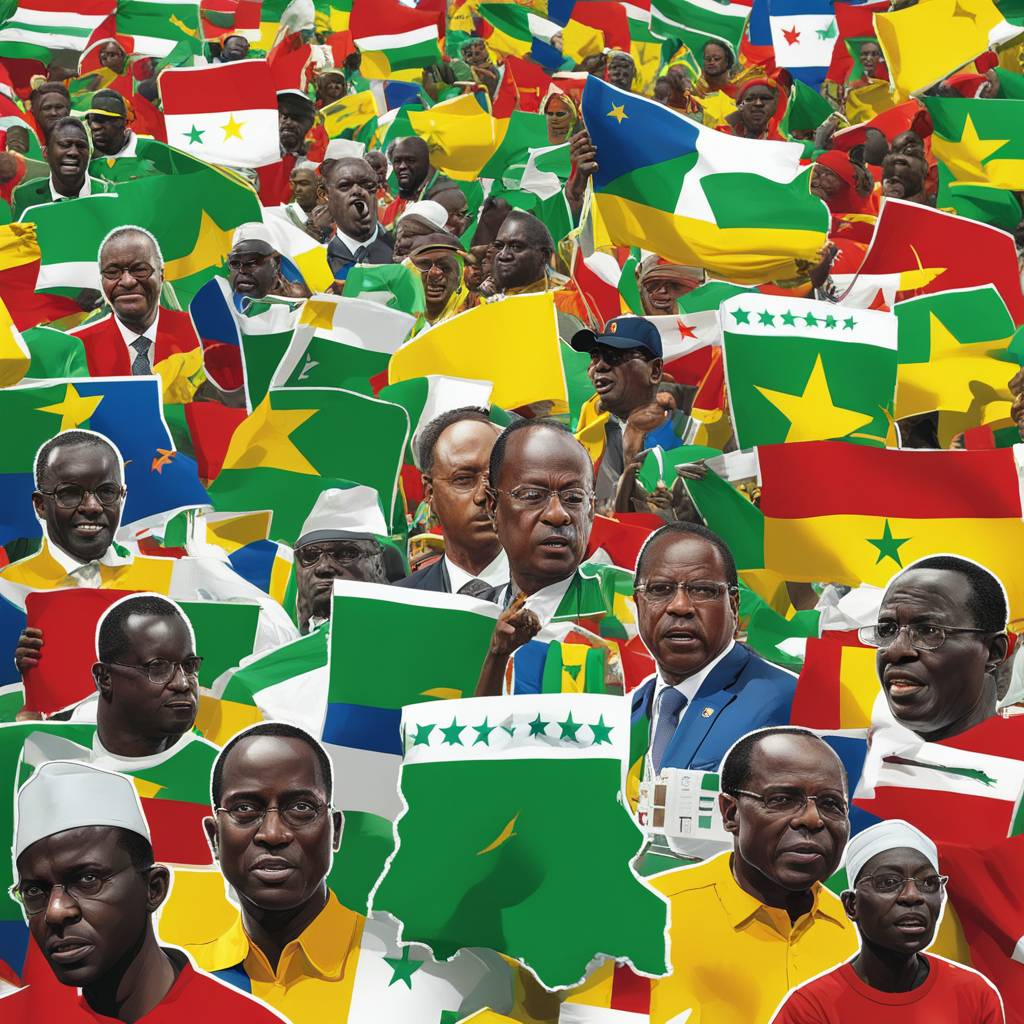Senegal’s upcoming election is stirring interest among foreign investors concerned about the potential political and economic changes that could result from the election of key opposition leaders. The election, scheduled for Sunday, features 19 candidates, including former Prime Minister Amadou Ba and Bassirou Diomaye Faye. Faye, a tax inspector, has proposed significant changes such as creating a new currency and renegotiating mining and energy contracts, challenging the status quo favoured by most candidates.
Senegal has traditionally been viewed as a safe investment destination in West Africa due to its history of peaceful transitions of power. However, recent political challenges, including a delay in the election by outgoing President Macky Sall, have raised concerns about the country’s democratic future. Critics accused Sall of attempting to cling to power by postponing the election, leading to protests and fears of democratic backsliding. The election is now set for Sunday, but investors are watching closely to see how smoothly the vote will run and whether the outcome will be accepted by voters.
Senegal’s economy has been a strong performer in Francophone West Africa, with an average annual growth rate of 5 percent over a decade. Foreign direct investment has grown significantly in recent years, reaching nearly $2.6 billion in 2021. The country’s relative stability has attracted investments, including a $1.9 billion IMF loan and anticipated growth in the oil and gas industry. However, uncertainty surrounding the election has increased operational and security risks for investors, who are adopting a “wait and see” approach until the election results and any potential changes are clear.
Bassirou Diomaye Faye, a candidate in Senegal’s election, has proposed significant changes to the country’s economic policies, including abandoning the CFA franc and reviewing mining and energy contracts for a more equitable distribution of resources. Faye’s popularity among young voters and promises to address youth unemployment have made him a strong contender for the presidency. However, analysts expect his tone to soften if he were to take office, as seen in a recent shift by opposition figure Ousmane Sonko on the issue of creating a national currency.
Faye’s focus on addressing youth unemployment and potential changes to mining and energy contracts could have implications for foreign investors in Senegal. While adjustments to contracts may result in increased revenue for the government, delays in energy projects could impact economic activity. Faye and Sonko have the support of civil society actors and entrepreneurs, who understand the need to balance progressive policies with caution. If they were to win the election, they would face pressure to deliver on their promises and manage the expectations of the youth population, who are facing high levels of unemployment despite the country’s economic growth.













